Dhaka, the overcrowded capital city of Bangladesh, has ranked seventh on the list of cities with the worst air quality with an AQI score of 152 at 9:26am on Saturday morning.
An AQI score between 50 and 100 is considered ‘moderate’, usually prompting sensitive individuals to limit prolonged outdoor exertion. A score between 101 and 150 is considered ‘unhealthy for sensitive groups’, 150 to 200 is ‘unhealthy’, 201 to 300 is ‘very unhealthy’, and a reading of 301 or more is considered ‘hazardous’, posing serious health risks to residents.
The AQI, an index for reporting daily air quality, informs people how clean or polluted the air of a certain city is and what associated health effects might be a concern for them.
The AQI in Bangladesh is based on five pollutants: particulate matter (PM10 and PM2.5), NO2, CO, SO2, and ozone.
Dhaka has long been grappling with air pollution issues. Its air quality usually turns unhealthy in winter and improves during the monsoon.
As per World Health Organization (WHO), air pollution kills an estimated seven million people worldwide every year, mainly due to increased mortality from stroke, heart disease, chronic obstructive pulmonary disease, lung cancer, and acute respiratory infections.



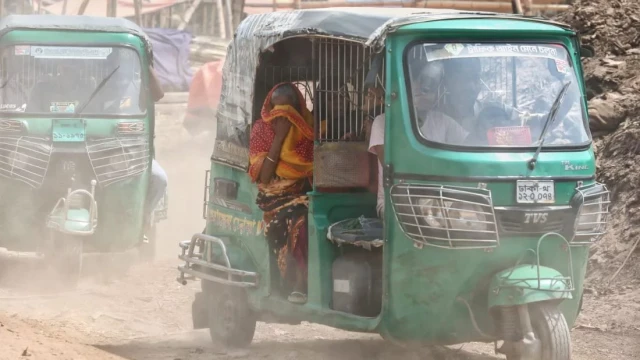


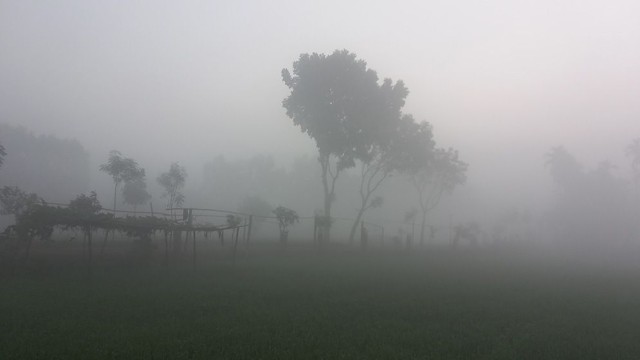
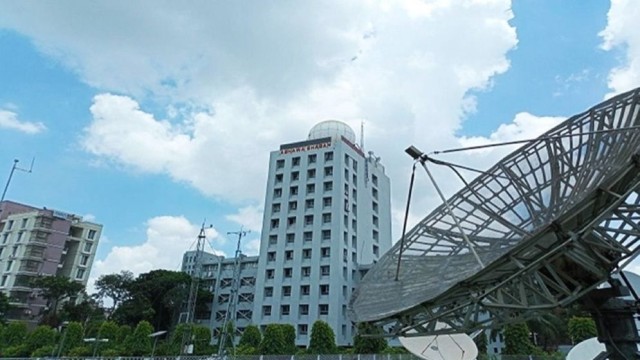
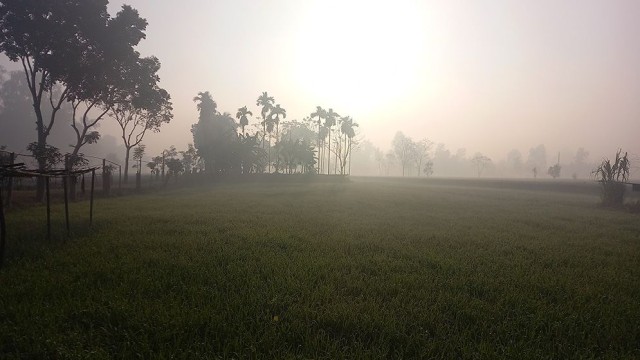
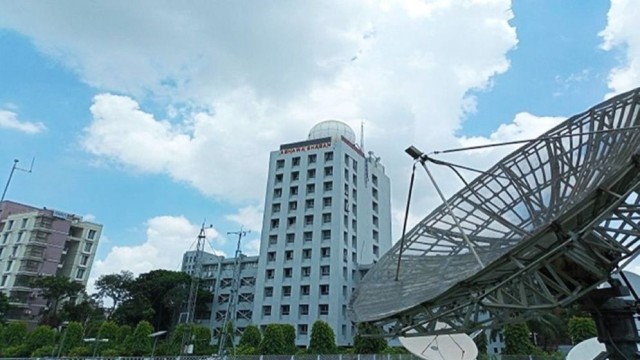





















Comment: